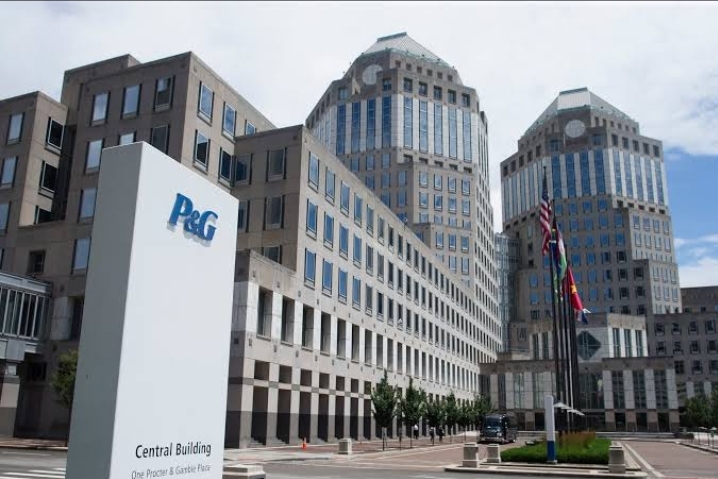
Atedo Peterside, a prominent Nigerian banker and economist has said Nigeria’s business environment is becoming increasingly hostile to investors who value the rule of law, policy consistency, macroeconomic stability, and a level playing field.
Peterside made this observation in a tweet, where he commented on the news of Procter and Gamble (P&G) shutting down its local production and resorting to importing its products. P&G is a multinational consumer goods company that manufactures popular household items such as Pampers, Always, Oral B, Ariel, Ambi-pur, SafeGuard, Olay and Gillette.
Peterside said that P&G’s decision was a symptom of the difficulties faced by investors who cherish the rule of law, policy consistency, macroeconomic stability, a level playing field etc in Nigeria.
He added that such investors were being replaced only partially by those who know how to “partner” with politicians and/or game the system through waivers, exemptions, and other preferential treatments.
READ ALSO: JUST IN: CBN Alerts Nigerians On Fake Naira Notes In Circulation
“Another way to look at this @ProcterGamble exit story from @thecableng is that multiple investors who cherish the rule of law, policy consistency, macroeconomic stability, a level playing field etc are running away from Nigeria. They are being ‘replaced’ only partially by investors who know how to ‘partner’ with politicians and/or game the system through waivers, exemptions etc,” he tweeted.
P&G had announced on Tuesday that it was restructuring its Nigeria operations to deliver a more effective business operation for now and sustainably for the future. This involved an exit from local production in Nigeria, which was the single largest non-oil investment from the United States in Africa’s largest economy.
The company’s chief financial officer, Andre Schulten, disclosed this at the Morgan Stanley global consumer & retail conference in New York. He said that the decision was a result of the challenging business environment in Nigeria, as well as the difficulty in creating US dollar value.
The company had been struggling to cope with the high cost of production, which was largely driven by the import duties payable on 75 percent of imported raw materials, as well as the high cost of power generation. The company also reportedly refused to compromise its values or cut corners to stay afloat in the market, unlike some of its competitors.
Peterside’s tweet has generated a lot of reactions from other Twitter users, who shared their opinions on the issue of Nigeria’s business climate and the implications of P&G’s exit for the economy and the consumers.








Leave a Reply